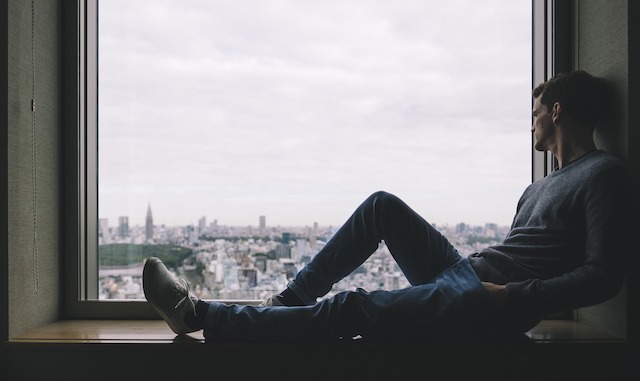5 Ways Moving to a new Place Affects your Mental Health
Any experienced mover can tell you that no two relocations are the some. Some people move to an apartment two blocks down the street. While others pick you their stuff and move to Maryland from another state. Not to mention that there are also cross-country and international relocation to consider amongst all that I’ve mentioned. So, with that in mind, is there something that connects pretty much all relocations. Well, there is. No matter where you end up relocating, moving to a new place affects your mental health. And, seeing that this subject is rarely discussed on moving websites, let’s take a closer look at different ways in which this happens.
Mental stages of moving
In my experience, people usually go through 5 distinct stages of moving. Some people skip some, some people mix them up. But, as a general rule of thumb, these 5 stages are present and they come in the order I will outline. So, when the time comes to take care of your mental health after moving, try to keep them in mind. It might help you define your state better and have an easier time handling your nerves.
Getting stressed out
The first way in which moving to a new place affects your mental health is stress. Even if you hire the best possible t, and deal with all the necessary moving tasks, and even save money when moving, you will still experience stress. Therefore, the best thing to do is to prepare ahead and learn how to cope with it.

Unfortunately, even after moving to a new place, the stress won’t go away. Some of it will be pent up stress from keeping calm while handling numerous mishaps and mistakes. But, most of them will be simply due to the fact that you’ve moved. After all, changing your environment is a big step in any person’s life. And once you start dealing with that big step you will probably feel stressed about everything that has changed and everything that you’ll have to tackle.
How to cope
Luckily, there are numerous ways to tackle stress. From physical exercises and breathing techniques to mental exercises and meditation. Even drinking tea or avoiding sugar and coffee can have a surprising effect on your overall stress levels. So, do yourself a favor and find a way to manage stress. After all, stress is a part of life. So, the sooner you learn how to manage it, the better.
Being overly excited after moving to a new place
Once the stress passes, you will start feeling excitation. All that worrying about different problems and tasks that are ahead of you will soon turn to excitement over all the new adventures that you are going to have. Most people feel a sudden influx of energy and positivity once they move. Everything will seem new, exciting and ready for you to explore. Even using mundane things like using a new fridge or visiting the local supermarket for the first time can feel exciting. After all, you are seeing your new home and your new neighborhood with childlike eyes.
What to keep in mind
While being positive and excited after moving to a new place is nice, it can have certain side-effects that you aren’t aware of. Once the first wave of excitement hits, people tend to throw caution to the wind. Especially if they haven’t felt as excited in a long time. And, while going loose can be good once in a while, you should keep track of what you are doing. After all, you don’t want to go overboard with your spending, as setting up a new life tends to be costly. Therefore, if excitement starts brewing, try to keep it controlled.
Missing your old life
Every new thing becomes old news, after a while. Even the freshest and the most exciting aspect of your new neighborhood will become mundane after you’ve seen it a couple of times. Once that happens, it is not uncommon that nostalgia hits. In fact, longing for your old home is one of the most common ways in which moving to a new place affects your mental health. Missing your friends and family is normal, and you should use that feeling to stay in touch with them. But, don’t be surprised if you soon start missing things that you never even considered noteworthy. Smells, sounds, places, countless little things that gave your previous home it looks and feels. In fact, only once you visit it after living in your new home for a while, will you truly appreciate these tiny details.

How to cope
As I mentioned before, keep in touch. If your friends and family are the type of people you get along with, distance shouldn’t be much of a problem. For other aspects of nostalgia, it depends from person to person. Some people like to focus on the now, and forget the past. Others prefer to bring photos and memorabilia with them and go down the memory lane when necessary. So, do whatever feels best.
Feeling lonely
Feeling lonely is also quite common after moving to a new place. Especially if you do not know anyone who lives there. Now, the degree of loneliness you will feel is connected to how well you fit in with your new environment. If you fit in well, you will soon meet friends and your loneliness won’t be much of a problem. But, if you move to an environment that is alien and unwelcoming to you, you will feel lonely.

How to cope
The only way to tackle loneliness is to accept it. Don’t surround yourself with people out of desperation. In time you will meet new friends and get used to your new surroundings. Just keep in mind that this is the most common feeling among all people. And, also that it is much better to be alone than to be surrounded by people and feel alone.

